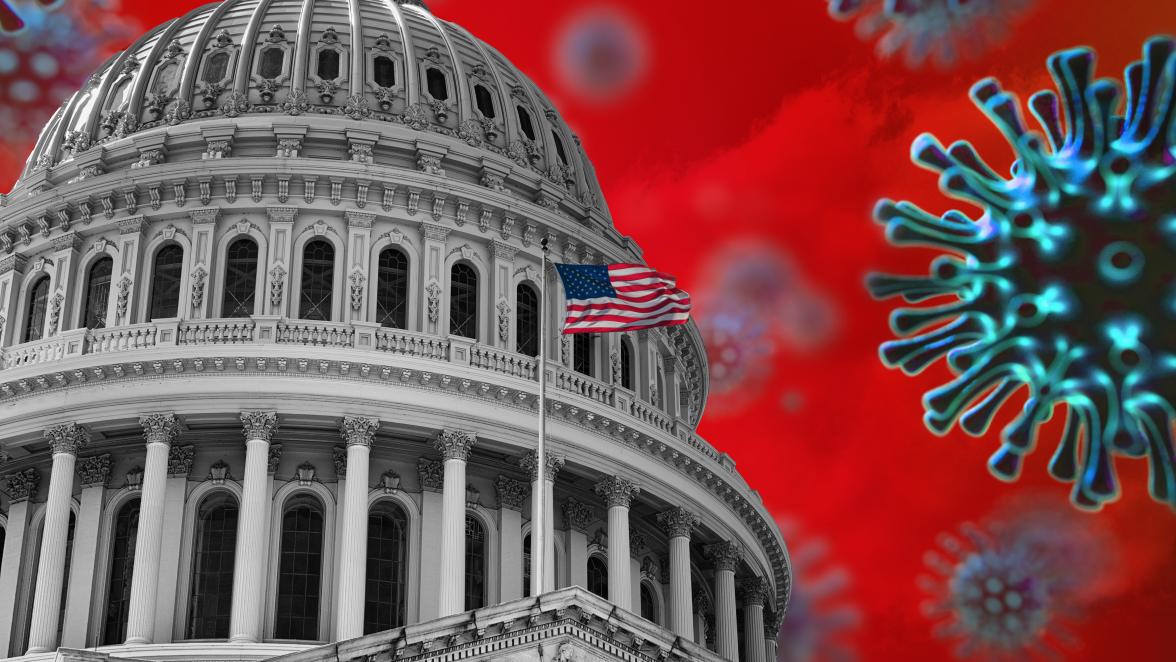We live in red or blue states; we tune into liberal or conservative media outlets; our President is either Making America Great Again or an existential threat to our Republic; on it goes. Yet, consider how policymakers—including House Speaker Pelosi, Senate Majority Leader McConnell, and their respective legislative bodies—have responded to COVID-19, in particular the speed and deliberateness with which they passed the $2.1 trillion Coronavirus Aid, Relief and Economic Security (CARES) Act. Working off of a legacy piece of legislation that passed the House in January 2019, the Senate first amended the legislation and then approved it 96 – 0, sending it back to the House where it was approved by a near-unanimous voice vote. In less than a week, the largest economic rescue package in our nation’s history was passed by Congress and signed into law. Beyond mitigating the impact of the COVID-19 driven economic downturn, the CARES Act is a powerful reminder our leaders can, and will, set aside personal animus and philosophical differences to do what is in the best interest of our nation. In that spirit, it is worth pointing out the Philadelphia Federal Reserve Partisan Conflict Index has plunged to a near 15-year low. The “PCI” tracks the degree of political disagreement among US politicians at the federal level by measuring the frequency of newspaper articles reporting disagreement in a given month. Higher index values indicate greater conflict among political parties, Congress, and the President.

When we wrote about politics in the past we consistently made three points:
- Politics is very different from policy
- One must always differentiate between politics and policy and never let one’s political biases drive investment decisions
- Our job at Brinker Capital isn’t to tell anyone they are right or wrong when it comes to politics but to understand fiscal policy and how it might impact the economy and risk assets, and position our clients’ portfolios accordingly.
Tagged: Market perspectives, weekly wire, Tim Holland, politics, COVID-19





























